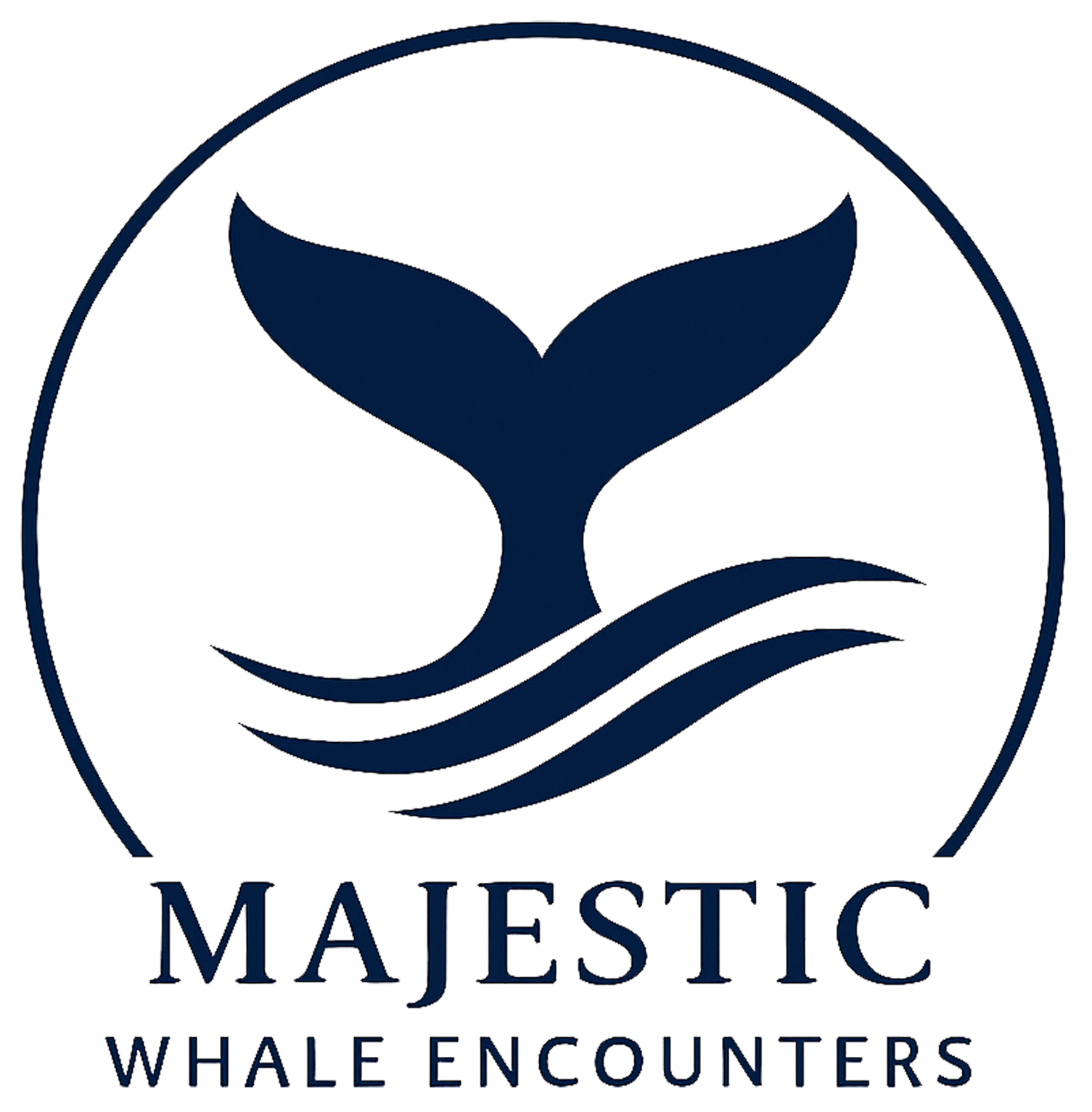POLICY AIMS & RESPONSIBLE TRAVEL
List of Services
-
Policy Aims and Mission StatementList Item 1
Our mission statement is to protect and connect, this applies to both the whales, dolphins and the surrounding reef environment. We stand by values to protect our environment . As the old saying goes, leave nothing behind, only footprints.
Our main aim and focus is to educate guests on the conservation of the whales, dolphins and their environment whilst adhering to strict whale watch guidelines. We want our guests to have an amazing experience sharing the underwater world of the whales. and hope that this will in turn bring a new respect and understanding to further help the conservation of the whales, dolphins and marine environment.
-
Protect and ConnectList Item 2
At Majestic Whale Encounters our mission is to protect the worlds oceans and all thats in it and to convey our message to as many people as possible so that they may also find the ability to connect to these amazing creatures.
Majestic Whale Encounters has a very strong stance on the protection of both the South Pacific Humpback Whales, the Dolphins of the Bahamas and all living creatures that share our worlds oceans. We abide by the rules and regulations set by the Whale and Dolphin Conservation. (WDC) And by the World Ceatcean Alliance (WAC)
We are active members of Whale Watch International and promote responsible whale watching and dophin watching worldwide. We pride ourselves in being one of the very few Eco Tours to take people Swimming With Whales in Tonga and Swimming With Dolphins in Bimini.
We aim to run our trips with minimal impact on the whales and serve as a vessel for marine research and conservation. We have a responsibility to look after our whales and our oceans and feel very honoured to have the opportunity to educate others on this plight.
-
Responsible TravelList Item 3
Ha’apai consists of 62 smaller islands, within those islands sits Foa, which is the hidden gem of Tonga, boasting one of the most beautiful beaches in the south pacific. The islands surrounding Tonga is home to 1000 plus south pacific humpback whales who migrate to the pristine waters surrounding islands each year. They arrive in great numbers between the months of July to October to mate give birth, nurse and teach their calves before their long journey back to the waters of the Antarctic. Tonga is one of the very few countries in the world where you can enter the water and snorkel with these gentle giants within the guidelines of Tongas responsible whale watching/swimming.
We outsource employees from the local villages to work in various roles including resort staff, tour guides, groundsmen, transport, fishermen, boat transfers & child care. By using local staff this will enhance the travellers experience by opening their minds to the amazing Tongan culture and language. Every sunday we give our guests the opportunity to hear the beautiful singing of the churches which also gives the opportunity to contribute in another way and experience the Tongan ways. We also support local business by dining in the cafe in a nearby village that is owned and operated by residents of nearby Pangai (the capital of Ha’apai). Traditional nights are a complimentary additional held once a week at our accommodation provider. This is a good way to experience the local culture by dance and song performed by Tongan school children. The children use this night as a way to generate donations for their cyclone aid.
We encourage travellers to contribute to the local economy through buying locally produced goods, souvenirs , arts and crafts. Including hand crafted woodwork, tapa (intricate hand made wall hangings) woven baskets, place mats and table mats etc.
These contributions are most important to the people of Ha’apai in helping their low economic status, particularly of recent times after the devastation of cyclone Ian in January 2014.
The accommodation provider we use has built an under ground water tank to supply to both local residents after the cyclone and to have for residing guests. The reason it was built under ground was to keep it cool and fresh under the hot Tongan sun. In addition each bungalow has been carefully structured to catch run off rain water and we supply the guests with information on local water shortages and how we can conserve the rain water supplied.
It is very important to us that we convey our ethical stance on conservation for our oceans and environment. As our focus is on the southern humpback whales that migrate to these waters, we follow strict responsible whale watch guidelines.
-
Responsible Whale Watching GuidelinesList Item 4
Responsible Whale Watching/swimming means that we as tour operators have a goal to respect, protect and conserve the whales, dolphins and marine environment.
“Maximum experience and observation with Minimum impact”
We are aware of and adhere to any local government whale watching guidelines. We have a responsibility to educate the guests on board about the behaviours, biology, and general whale information, with the hope that our guests will come away from the experience with a new found respect for these animals and their environment and an interest in protecting the whales, dolphins and our oceans.
-
Defining Responsible Whale Watching
WDC (Whale and Dolphin Conservation) has codified the criteria which we believe must be met in order for whale watching and swimming to be truly responsible and sustainable to cetaceans and the marine environment, and truly beneficial to passengers, operators and communities.
In order to qualify, trips must offer:
- A prime recreational and educational experience for participants which motivates them to care about cetaceans and the sea and to work for marine conservation.
- An experience that seeks to reduce the impact on whales, so that whales are watched with the lightest ‘footprint’ possible, this includes respecting relevant regulations or codes of conduct, ensuring vessels are fit for purpose, approaching the animals with extreme care and attention, respecting approach distances, and limiting time spent in their vicinity.
- Opportunities for researchers to gather scientific information and disseminate findings to managers and the public.
- An experience built around a naturalist or nature guide who can provide accurate information, help to find the whales and describe their behaviour and successfully build the bridge between the urban participant and the sea, and...
- The active involvement of the community or region in its work, enabling communities and regions to have a financial as well as a personal interest in whale watching and the conservation of cetaceans and the sea.
Source:
IWC, 19961, Hoyt/WDCS, 2005, and Lott et al. 2006.
In addition, we seek to promote situations where research is being conducted such that the cetaceans that are the focus of the whale watching industry are also being carefully monitored over the longer term.
Cetaceans are subjected to many pressures in the modern world and we believe that such monitoring can help to determine their status and the potential sustainability of the factors that may be affecting them, including whale watching.


